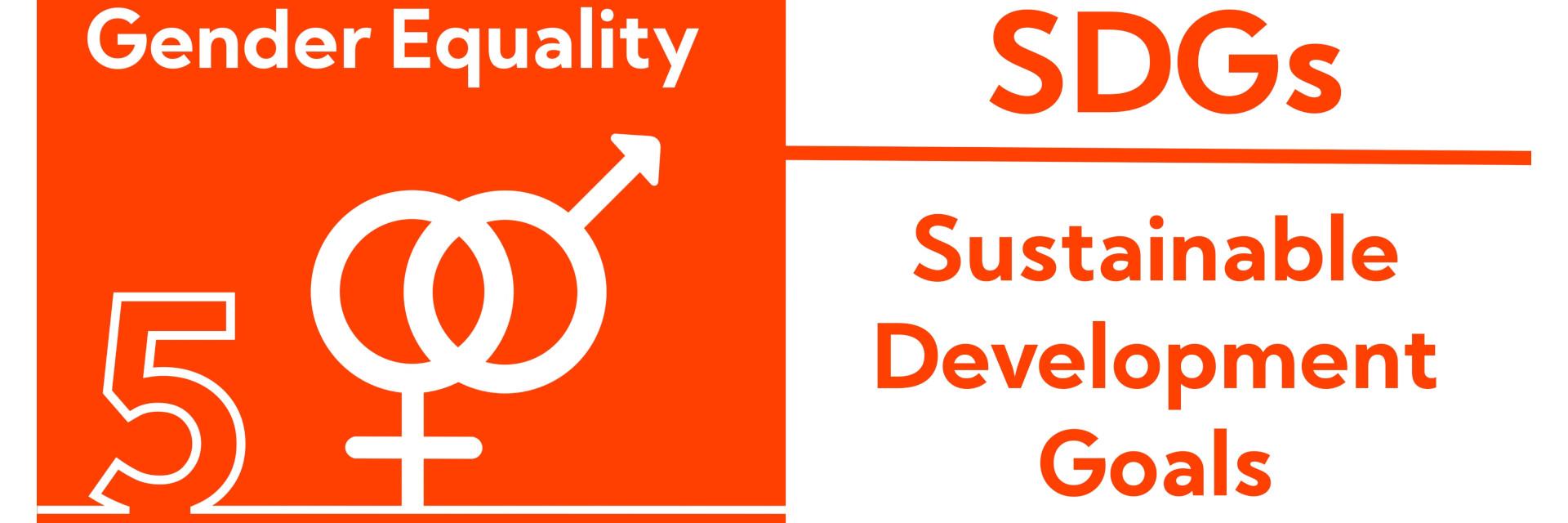By: Gender teams at the United Nations Economic Commission for Africa, UNFPA and UN Women
With less than a decade left to deliver on the Sustainable Development Goal (SDG) 5 on gender equality and women’s empowerment (GEWE), the commitment is yet to translate into action on the ground. Given its widespread impact, this goal is generally recognised as a sustainable solution towards addressing Africa’s greatest challenges and is also considered integral to achieving each of the 17 SDGs and the aspirations of Africa’s Agenda 2063.
Recent data from the United Nations Economic Commission for Africa (ECA) on the progress in the implementation of SDGs in Africa shows that most countries are not on track to meet the targets set for all goals by 2030, specifically those related to SDG 5. The time is running out.
Over the past few decades, the 54 African member States made significant progress in advancing social, economic and political outcomes in their countries. For instance, fewer women are dying in childbirth and millions have risen out of extreme poverty. In the political sphere, substantive efforts have been undertaken to increase women’s participation and representation in decision-making.
A 2015-2019 African Regional Review Summary report found that 13 countries in Africa had achieved the target of 30 per cent or more women in parliament, set in the Beijing Platform for Action, by 2019. These advances are a result of countries adopting SDGs, among other instruments, in their national policies and plans in line with their human rights and GEWE commitments.
Despite this progress and constitutional guarantees, a 2020 report by the African Development Bank, ECA and UN Women revealed that the continent scored 48.6 per cent in the Africa Gender Index, which measures the state of gender equality in 51 of 54 African countries. The score indicates a significant gender disparity in critical areas of development, revealing that more work still needs to be done to ensure all women are accorded their equal rights.
This situation has worsened with COVID-19 which is threatening to roll back the progress made towards gender equality and women’s empowerment in Africa. The impact of the pandemic has been severe on SDG 5, as the virus has compounded pre-existing gender inequalities. In addition, mobility restrictions, disruption to programmes on ending gender-based violence, the COVID-19-induced stress and the negative impact on household incomes have resulted in increasing reports of gender-based violence around the world, including in Africa.
A report by UN Women ‘Measuring the shadow pandemic: Violence against women during COVID-19’, based on survey data from 13 countries, revealed that almost 1 in 2 women reported that they or a woman they know experienced a form of violence since the outbreak of the COVID-19 pandemic. In its seminal studies, UNFPA also warned that the pandemic could result in an estimated 13 million more child marriages over 10 years and two million more cases of female genital mutilation. Gender-based violence harms not only women and girls, but society as a whole, and also any prospect of attaining all SDGs by 2030 and Agenda 2063.
The increased violence against women and limited opportunities that currently exist in the continent have thrived during the COVID-19 pandemic and other already persisting crises related to conflict and climate change. Concerted efforts are required to address violence against women and girls, especially now as countries and communities plan to recover and rebuild from the pandemic.
This is why, the 2022 Africa Regional Forum on Sustainable Development (ARFSD) presents the continent a unique opportunity to engage all stakeholders on accelerating actions towards achieving SDG 5 by 2030. In this vein, we are hosting two events on the implementation of SDG 5 in Africa in the context of COVID-19 and building forward better. At the heart of the discussions will be examining ideas and strategies that can help AU Member States prioritize and implement gender-responsive policies and programmes aligned with the SDG 5 principles and consistent with the spirit of the 2063 Agenda for ‘The Africa We Want’.
We recognise that there is a need to scale up financing for interventions seeking to promote gender equality and women’s empowerment, especially through domestic resource mobilization, to enable an inclusive and sustainable implementation of SDGs and Agenda 2063. Our two events will bring cross-sectoral partners, who are key in this regard, to forge closer collaboration on the implementation of policies and programmes that enable Africa to realize its gender equality and women’s empowerment commitments. Multi-stakeholder and adequately financed interventions will accelerate the progress towards SDG 5 and in turn boost social, economic and political opportunities across Africa to create a more equal and prosperous continent.
As the African Union’s Chairperson and President of the Republic of Senegal, H.E. Macky Sall, stated: “Africa cannot develop when millions of women and young girls continue to suffer violent treatment that is unequal and discriminatory. The time to deliver impact at scale for women and girls is now.

